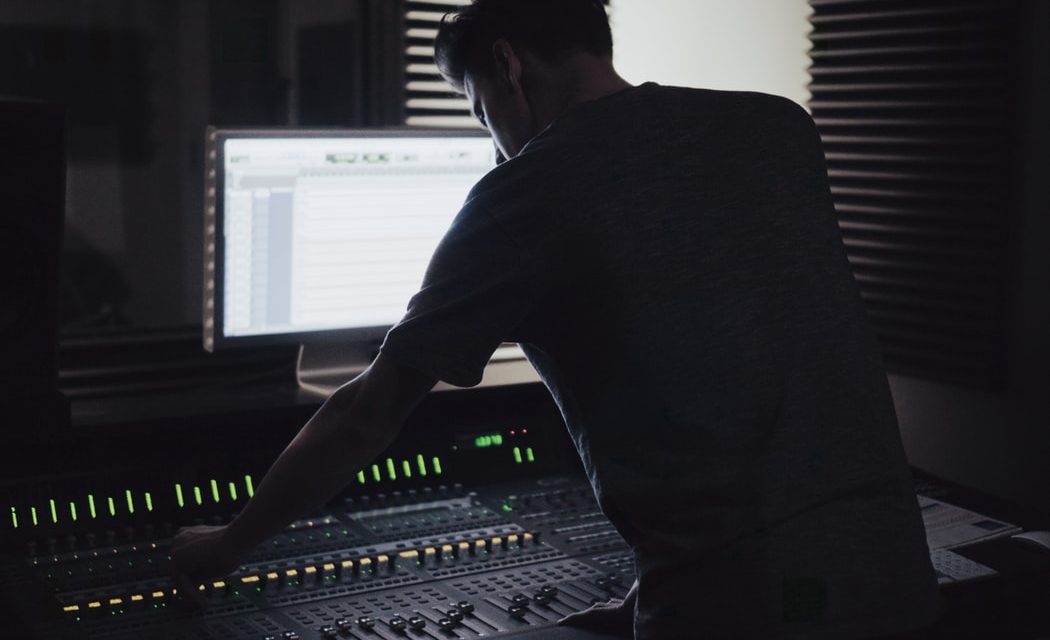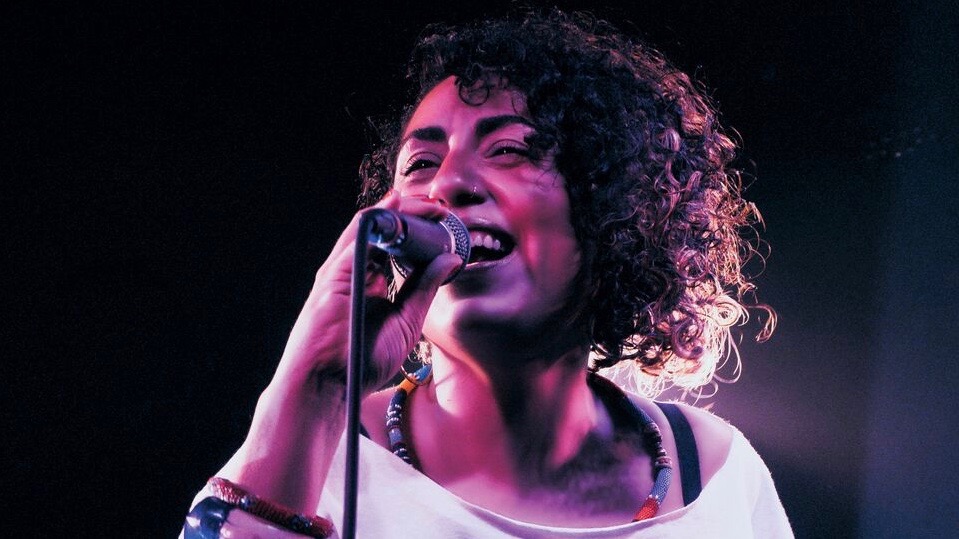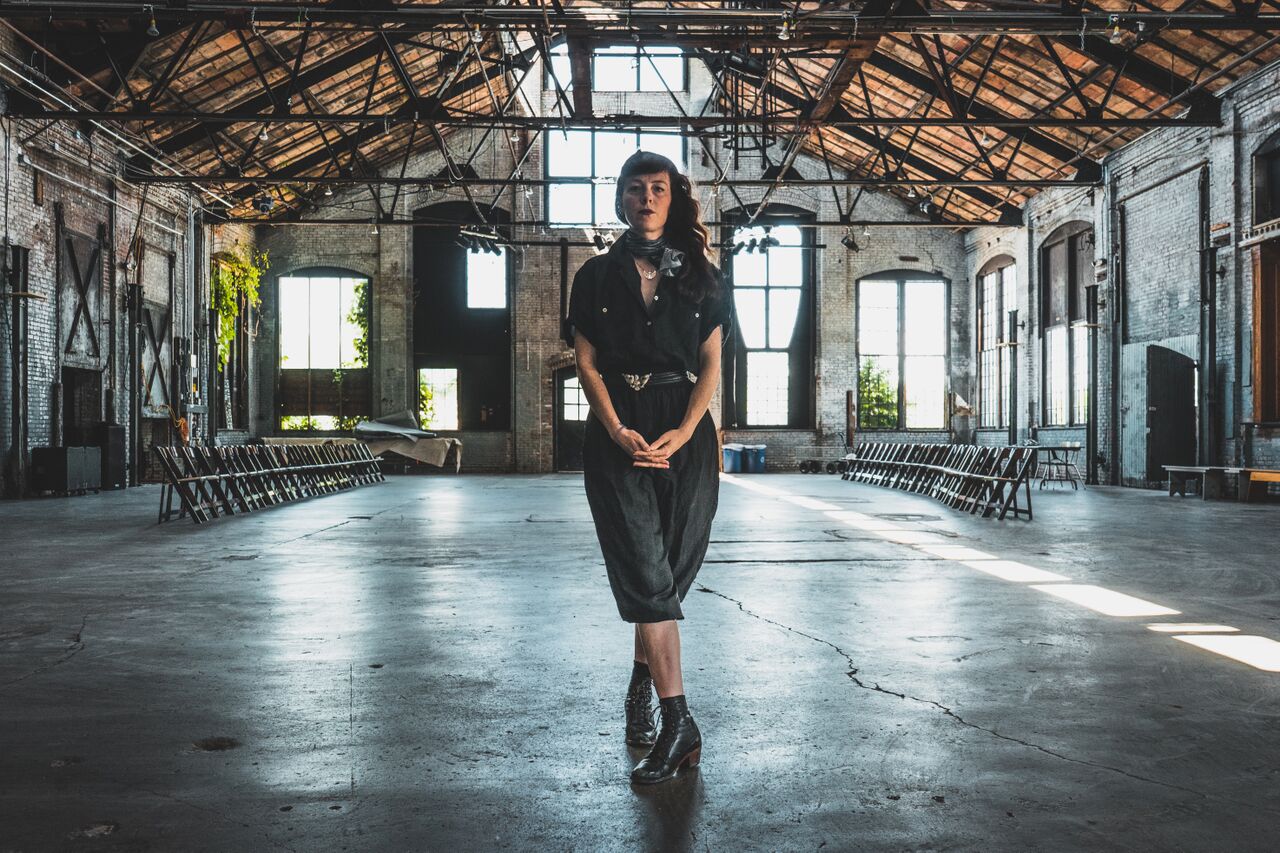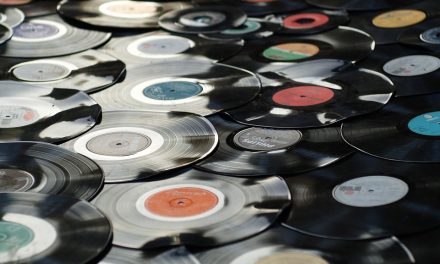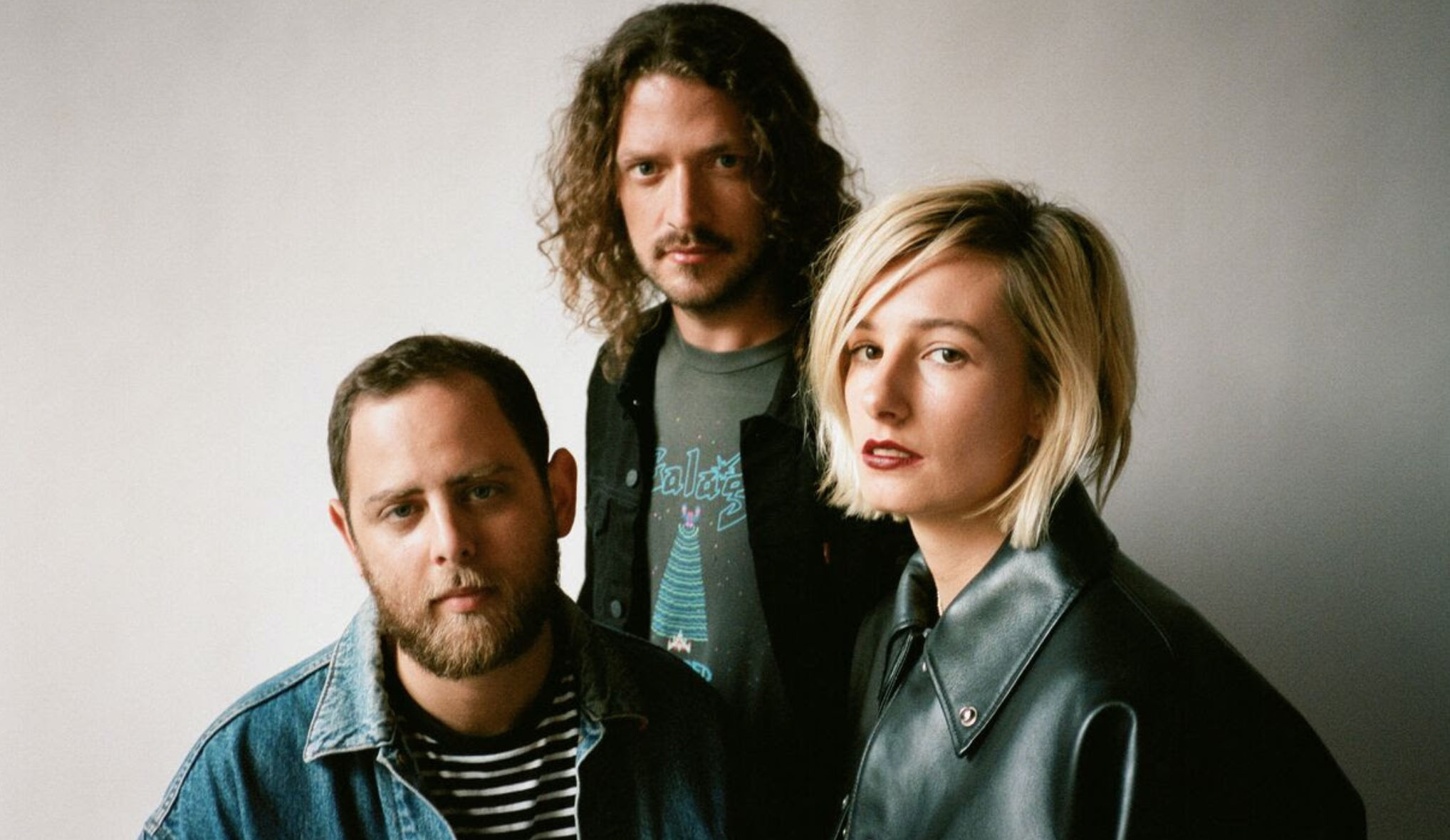For many musicians in the Capital Region, finding a reliable and steady source of income can be one of the most challenging – and daunting – tasks they face when attempting to make a living off their art. Other than praying they’ll hit the streaming lottery on Spotify by being added to a popular playlist, independent artists who dream of making financially viable music are often left with two choices: never-ending touring, or licensing their music for commercial use.
And for more and more folks in the Capital Region, the latter has become the more attractive option. With the music industry shifting toward sales from digital downloads and streaming, it’s more important than ever for artists to figure out how to make money without suffering from artistic burnout.
Paul Rapp, an entertainment lawyer based in Massachusetts who’s worked with a wide range of musicians, filmmakers and other artists in the Capital Region since the early 2000s, explains that licensing music has become essential, especially for artists still trying to get their feet in the door. “There’s an increasing amount of media being created that needs music,” he says, citing the deluge of new film and television streaming services, like Disney+, that hit the market in 2019. “The opportunities are there, it’s just a matter of positioning yourself in a way that you can take advantage.”
But how does it work?
The Right Way
Rapp says that there’s no “right way” to get started in the licensing business because, like most artistic endeavors, it often comes down to sheer luck. But there are essentially two tracks an artist can take to license their music commercially: sign an exclusive or non-exclusive contract with a licensing company, or go down the DIY route and try to market your music independently. Either way, Rapp advises, “You just have to be careful who you deal with, especially if you are giving somebody an exclusive right to [your] song.”
Licensing Companies
Some local bands, like Albany-based chamber pop/dream folk band Swamp Baby, have found moderate success in working with a licensing company. Megan Prokorym, who sings and plays violin for the band, recalled the band’s history with the Oregon-based company, Marmoset Music, between 2013 and 2015 as incredibly positive. “They were so supportive and so nice,” she remembers.
After making their initial connection with Marmoset, Swamp Baby created instrumental versions of their entire discography, which, at the time, was two albums. While the band rarely knew exactly who was purchasing their music to use commercially, the return on investment was enough to keep them working with the company for nearly two years.
Like many other larger music publishing companies, Marmoset curates an expansive roster of music – both original and licensed by outside artists – with the intention of helping other creatives, like filmmakers and advertisers, find the right songs for their work.
However, because the company’s collection serves a wide variety of high-dollar businesses (their website lists Google, Apple
Because Swamp Baby hadn’t released any new music toward the end of their relationship with Marmoset, and because their primary contact at the company left to start his own music publishing business, Marmoset dropped the band.
Vegas Luck
But Arielle O’Keefe, also known as the singer-songwriter Girl Blue, followed a more passive process of licensing her music. O’Keefe’s experience with commercial licensing took off when Girl Blue’s hit song, “Fire Under Water,” was used in an ad campaign for Las Vegas’ “Now & Then” series. But she didn’t actively seek that opportunity. “The music supervisor for the ad campaign just emailed me and said they found the song on Spotify and wanted to use it for [
O’Keefe has recently moved on to a different publishing company, but she still feels
Playing the Game
Some local artists, like the Saratoga-based rock band Wild Adriatic, have found that a few of their fans discovered a love for their music while consuming media with the band’s licensed music playing in the background.
Mateo Vosganian, Wild Adriatic’s drummer, says that the band’s deal with the NASCAR Heat video game has brought an eclectic group of fans to their shows. “We had people come out [to a show] in Germany because they heard our song in a NASCAR game,” Vosganian says. “We get people coming to our shows regularly that said they found our music in that game, which is really interesting because they’re usually not the type of people we would have imagined would have been into the band, you know?”
While Wild Adriatic does work with both a management company and multiple publishing companies to license their music, Vosganian says they’ve experienced some of their best luck seeking opportunities independently.
“I have a few friends that are really cool and will post on their Facebook when they’re looking for something specific,” he says, explaining that a chance connection on social media is how the band got the NASCAR gig. The band also signed a commercial deal with Bose after playing a venue in Boston where the speaker company was testing out a new PA system; the Bose executives at the show liked Wild Adriatic’s sound so much, they reached out to feature one of their songs in an ad campaign for the new system.
However, Vosganian says that this facet of the music industry can be tricky to navigate. “What we found out in this process is that a lot of these companies don’t really want something that they can find on Spotify already,” he explains. “Unless a song happens to really hit with a campaign, they really are looking for stuff that can’t just be found.”
Making the Brand
This is where local musicians like James Rock comes in. While he isn’t attached to any particular licensing company, Rock’s music has been used in ad campaigns for New Balance, Puma and HYPEBEAST. “Every single one has a weird, different story of how it came to be,” he says. “A lot of the time, it’s just friends [who] have opportunities they want to pass to me.” For his New Balance commercial, Rock took over an assignment from a friend, turning around a piece of original instrumental music in three days.
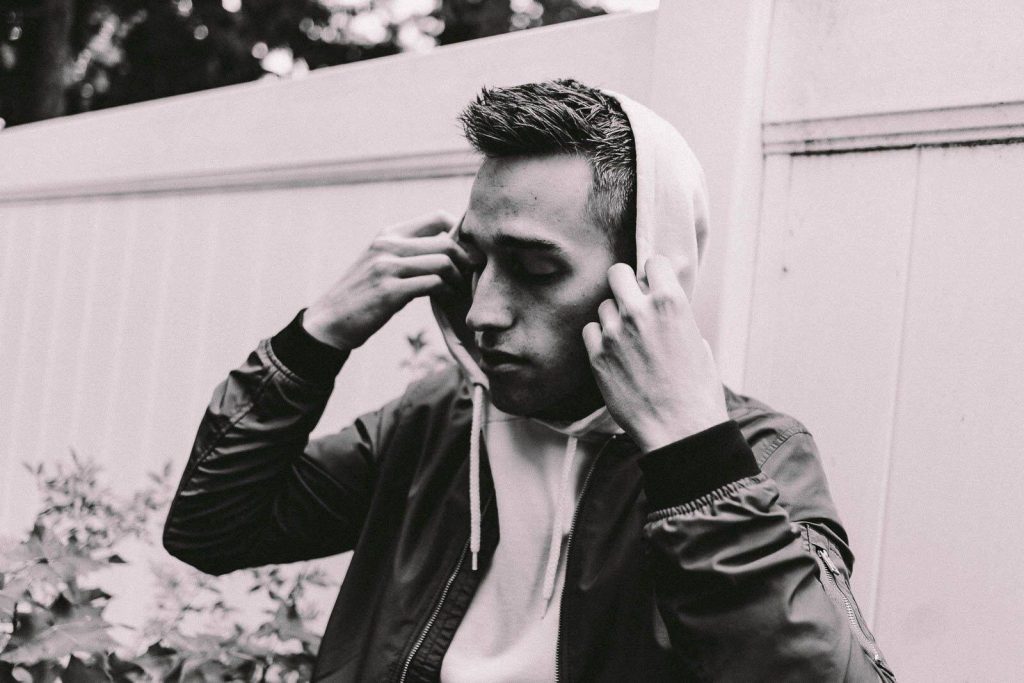
Now, though, Rock is using his connections at Life
Even though he isn’t looking to start working with a licensing company like Marmoset or AntiFragile any time soon, Rock isn’t discounting the possibility of sending his ever-growing music catalog to a publishing company in the future. For now, though, he’s focusing on writing constantly and honing his craft. “It
Dont Get Your Hopes Up
While licensing original music can seem like the logical next step for Capital Region musicians looking for new opportunities, it’s important to start the process with zero expectations, Vosganian suggests. “It’s not a straight shot to financial success,” he says, before echoing Rock’s sentiments about the importance of constantly writing music. “Saying ‘yes’ to stuff and getting as many small licensing things under your belt as possible just makes it that much more sellable in the future.”
O’Keefe, who saw a huge boost in streaming numbers on Spotify after the Las Vegas commercial featuring her music went viral, agrees. “The more music you’re making, the more opportunity you have for something to hit,” she says. “Just keep putting it out there.”

